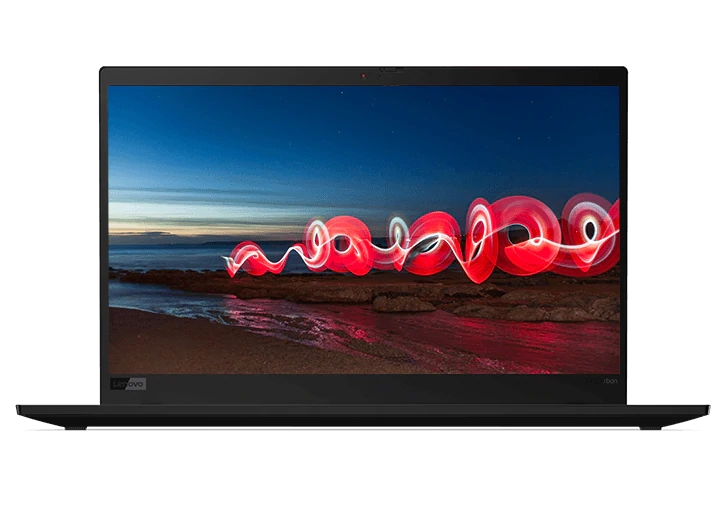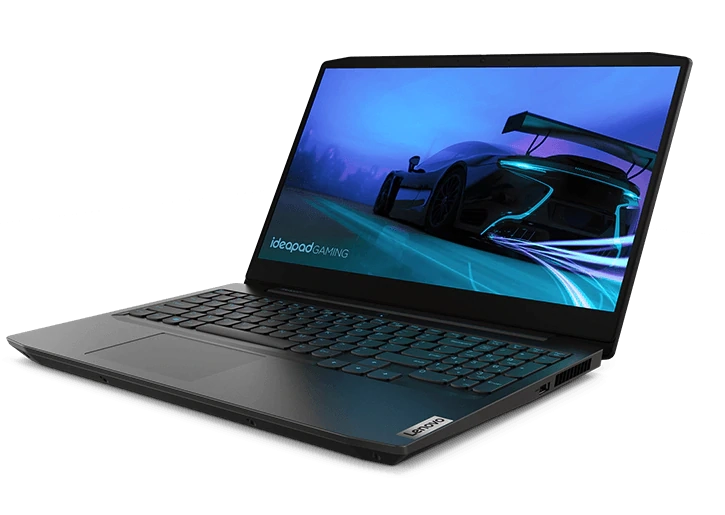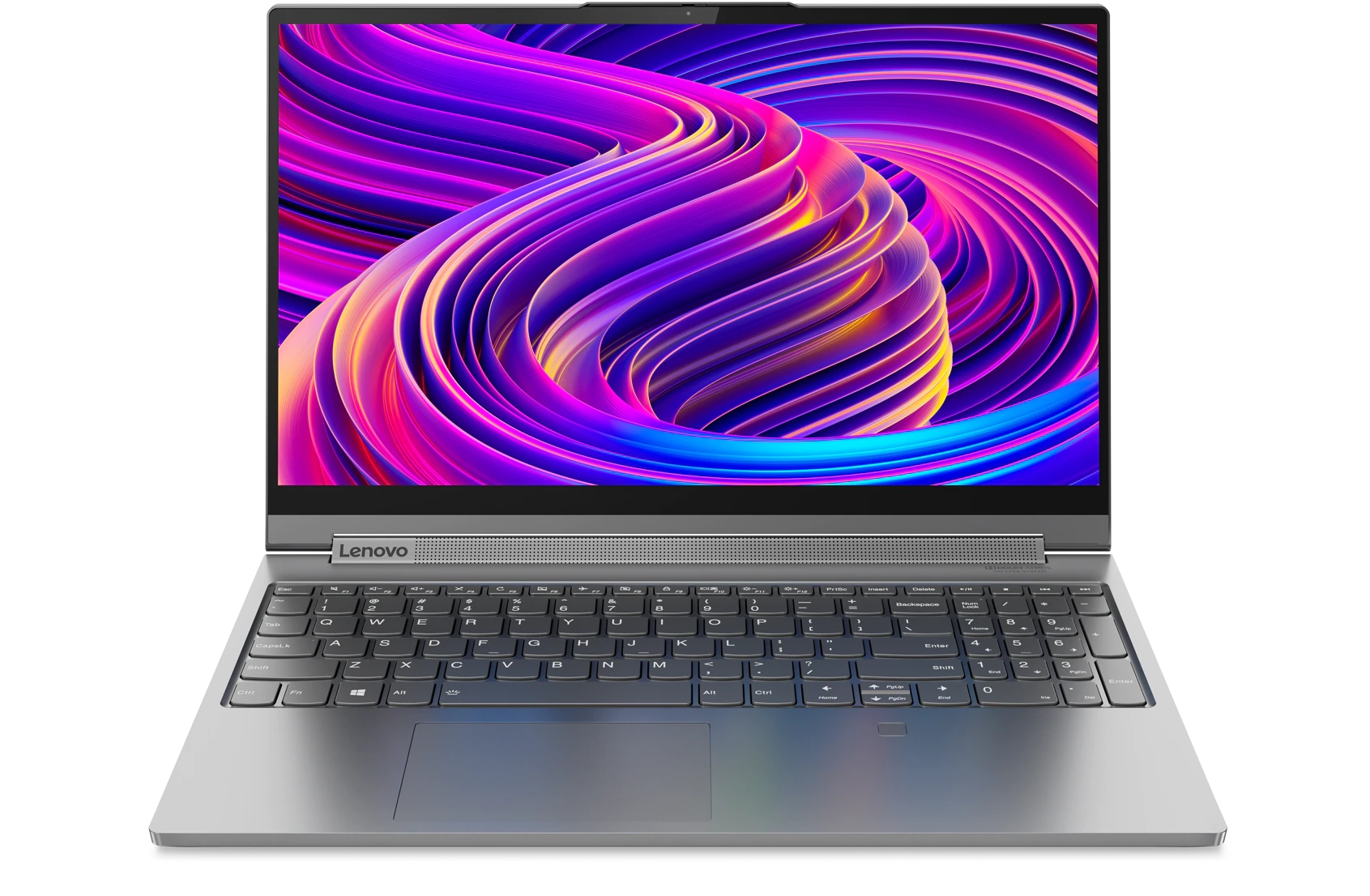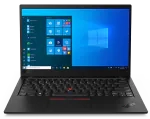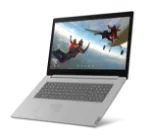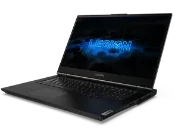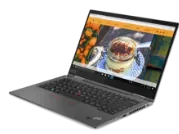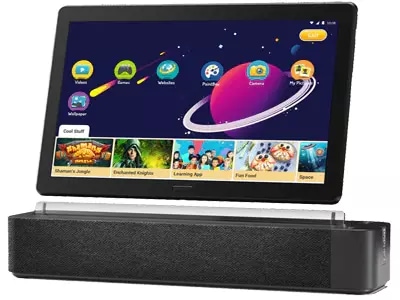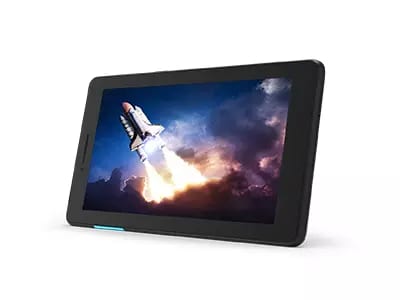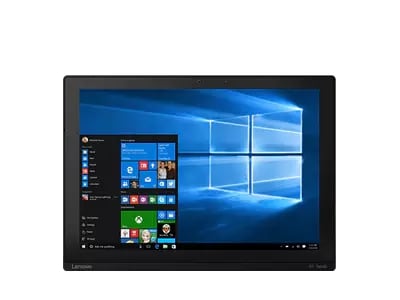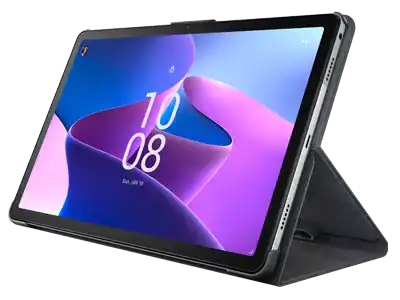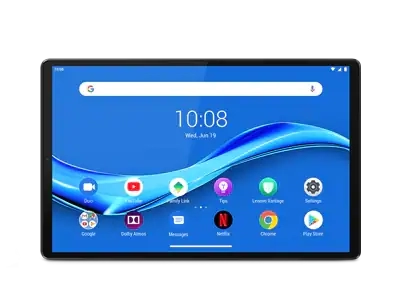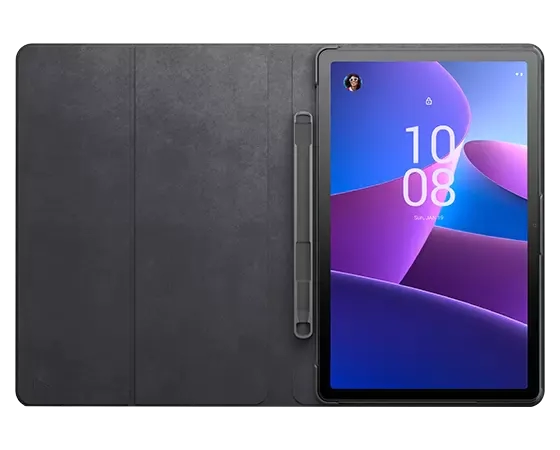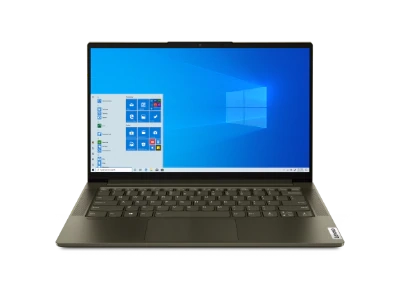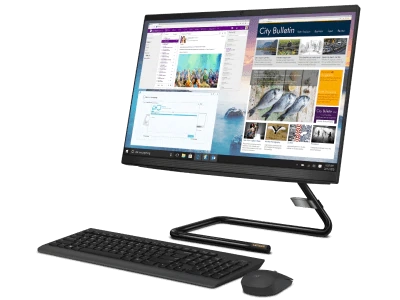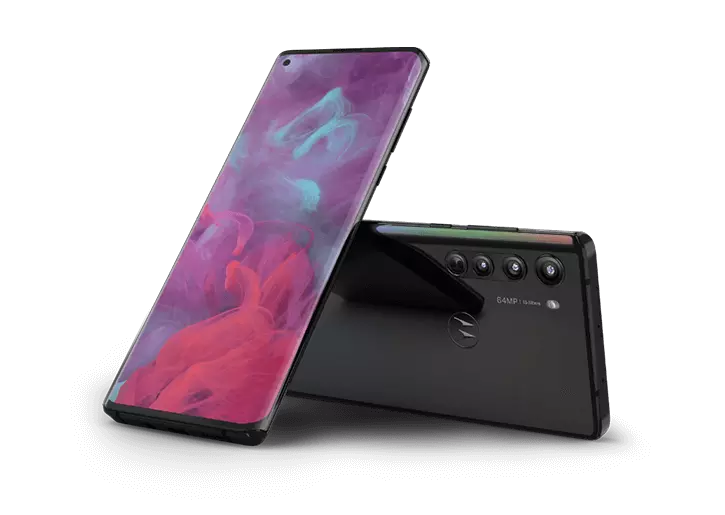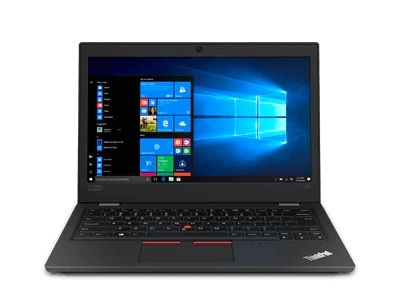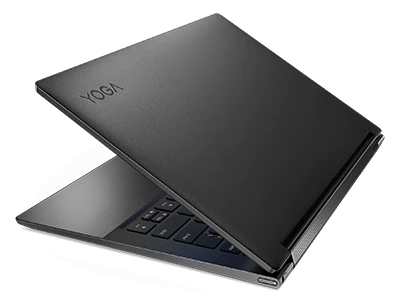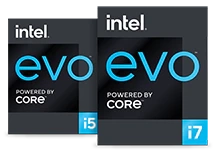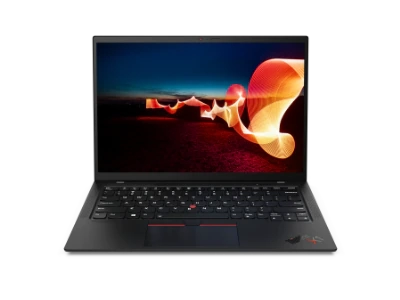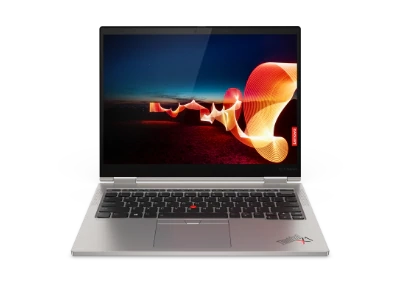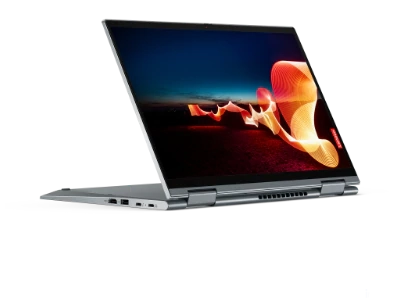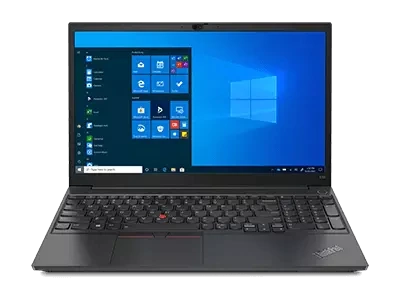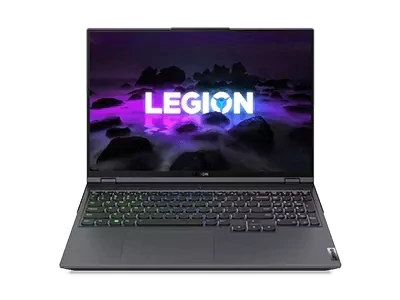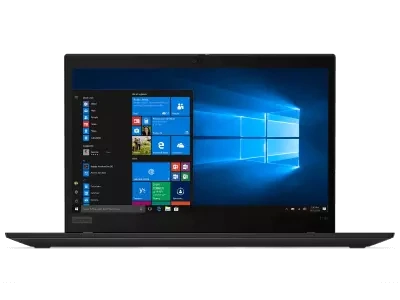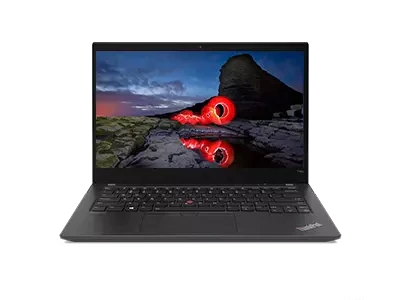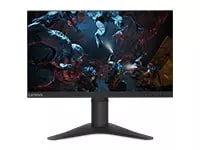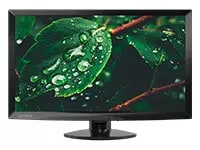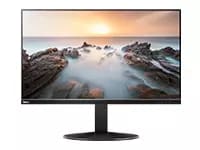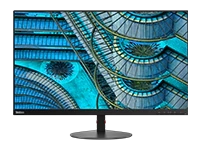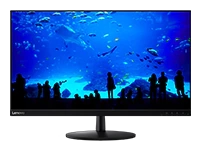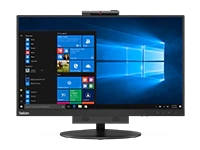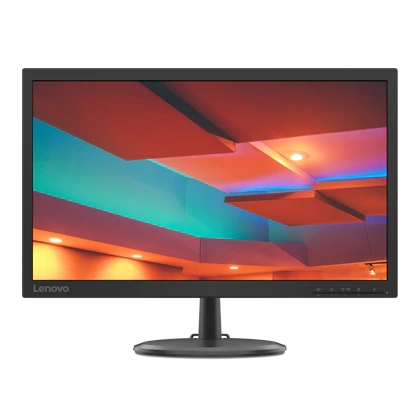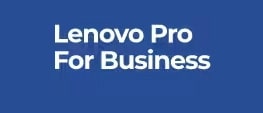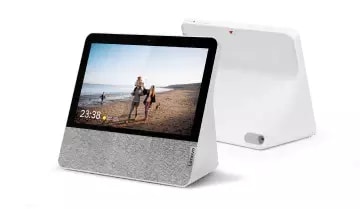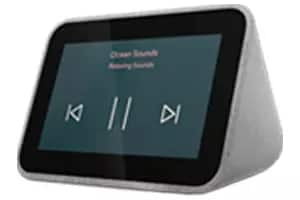Choosing the Best Laptops for Small Business Owners
The impact small businesses have on the U.S. economy can’t be underestimated. In fact, statistics compiled by the Small Business Administration indicate that the 30.7 million small businesses in the country – those with fewer than 500 employees – account for 99 percent of all U.S. businesses. Businesses with fewer than 100 employees account for 98.2 percent of all businesses in the country, while those with fewer than 20 employees account for 89 percent.
Those businesses bring with them a host of opportunities. Small companies create 1.5 million jobs annually, the SBA says, accounting for 64 percent of new jobs created in the United States each year.
Of course, founding a small business isn’t without risk, especially in these tumultuous times. Still small business owners can increase their chances of success in the marketplace by starting with the right tools.
Why the best businesses invest in the best computers
Computers are arguably one of the most critical tools a small business owner has at their disposal. Whether it’s tracking profit and loss statements via a spreadsheet, maintaining a customer database or calculating payroll, chances are those tasks are accomplished via a computer.
And because small businesses are so reliant on computers, it only makes sense to invest in the best. That’s especially true if you’re in a field such as engineering or video editing, where processing power is paramount.
Although it might be tempting to save money by building your business with a budget laptop, consider the potential ramifications. Budget computers tend to be built with budget components, and that’s an invitation for disaster.
Accidently bumping or dropping a laptop can lead to a damaged hard drive and the loss of critical business records, while a coffee spill on a computer keyboard can lead to a fried motherboard. At best, these scenarios can result in days or weeks waiting for the computer to be repaired, while at worst they’ll force a business owner to try and recreate the lost information from paper records.
Even if the nightmare scenario of a computer failure doesn’t occur, trying to grow a business with a computer that isn’t up to the job can be a source of frustration. Imagine being on a video call with a potential client and your computer stutters and lags because the processor isn’t powerful enough, or trying to put the finishing touches on an important presentation while coping with constant freezes because your laptop is lacking in memory.
Business owners already face enough challenges while striving for growth. With your future, and the future of your employees, all dependent on your success, it doesn’t make sense to handicap your efforts by relying on a computer that lacks the resources you need. In addition, purchasing a higher-end laptop will go a long way towards future-proofing your investment. Whether you’re looking to purchase a fleet of computers for your employees or a single laptop for yourself, invest in the best.
The best of the best in computer specs
With all the computer choices on the market today, navigating your options can be a source of confusion. So faced with those choices, what’s the best laptop for small business owners?
Although there’s no clear answer to that question, the type of laptop you’ll need will depend in large part on what it will be used.
When it comes to specifications, here are some of the factors that can affect performance:
Operating system – The three main choices when it comes to operating systems are the Chrome OS, the Apple OS and Windows 10. The Chrome OS has gained widespread acceptance in education, but Chromebooks typically offer lower performance than their competitors, and software choices are limited. The Apple OS is a good option if you’re doing image and video editing, but when it comes to business computers Windows 10 is the standard. More than half of the computers around the world run some version of Windows, and nearly every productivity software suite is available in a Windows version. For business applications, go with Windows 10 Pro.
Processor power – When it comes to computer power, Intel® Core™ i3 and i5 processors are a great option for most business applications such as emailing, Web browsing or handling large spreadsheets. An Intel® Core™ i7 or i9 processor is a good choice if you also use your laptop for gaming.
In addition, pay attention to the number of cores. A core is a single processing unit, while multi-core processors have multiple processing units. The 10th Generation Intel® Core™ i5-10400H processor, for example, boasts 4 cores, while the 10th Generation Intel® Core™ i7-10750H processor has 6 cores.
HDD and SSD: Although hard disk (HDD) drives are common, solid state (SSD) drives are becoming increasingly popular thanks to their ruggedness, speed and light weight. Because SDD drives don’t contain moving parts (unlike the spinning platter that’s the foundation of HDD drives), they’re better able to withstand the occasional bumps or drops. In addition, the price of SDD continues to fall, making them competitive with a laptop featuring an HDD drive. If you’re working with large files, a 512 GB SSD drive is an excellent choice.
Memory (RAM): When it comes to memory 8 GB is emerging as the standard for high-performance laptops. For a top-of-the-line computing experience, you may want to buy a laptop with 16 GB or more. Some Lenovo laptops, for example, can be outfitted with 128 GB of ram.
Graphics: Most midrange laptops include integrated graphics, with the graphics processor incorporated directly into the motherboard. That’s likely to be sufficient for most business applications, but if you’re going to use the laptop for video editing, gaming or engineering tasks you’ll need a computer with a dedicated graphics card. AMD and NVIDIA graphics cards are the standard when it comes to those applications.
Battery life: If you spend a great deal of time in the airport or your office is the local coffee shop, you’ll want a battery that offers long life. These days, 16 hours or more of charge is common with some laptops offering a battery life of nearly 20 hours.
Features of some newer laptops may not be critical but can be great time-savers for those on the go. Those include:
2-in-1 functionality: that is, the ability to serve as both a laptop and a tablet computer thanks to a 360-degree hinge where the keyboard meets the display. Such functionality is perfect for medical applications where you may be filling out a patient chart or as a tool for delivering presentations.
Touch capability: Thanks to the prevalence of smartphones we’ve become accustomed to being able to touch the screens we see. A touchscreen allows users to input information directly through the screen, greatly speeding up your work. In addition, many touchscreens offer the ability to sketch or take notes directly on the screen, with some laptops capable of converting handwriting into text. The Windows 10 operating system includes a number of applications specifically designed for touch.
Security features: Because information critical to the success and competitiveness of your business is often stored on your laptop, it’s important to protect it from prying eyes. Biometric features such as fingerprint readers and screens designed to limit the angle from which they can be viewed are common in higher-end laptops.
Recommendations from Lenovo
Although there are dozens of options when it comes to choosing a laptop for small business owners, we at Lenovo have narrowed the selection down to what we consider “the best of the best.”
When it comes to innovation and style combined with uncompromised performance, small business owners who expect top-of-the-line technology turn to Lenovo’s ThinkPad X1 line. Options range from ultralight laptops and 2-in-1s to extreme power devices, to the world’s first foldable PC. Features of laptop in the ThinkPad X1 line include up to 10th Gen Intel® Core™ i9 processors, anti-glare touchscreens and up to a whopping 64 GB of DDR4 Ram.
Because security is paramount, laptops in the ThinkPad X1 line include ThinkShield, Lenovo’s built-in suite of security solutions. The match-on-chip fingerprint reader encrypts your biometric data on the system.
When it comes to combining the portability of a laptop with the performance of a workstation, Lenovo’s ThinkPad P Series laptops are the perfect solution. Lenovo’s ThinkPad P Series laptops include independent software vendor (ISV) certification, providing assurance that they will easily meet the demands of your business. These powerful laptops offer up to Intel® Xeon® W-10885M with vPro™ processors for smooth performance in engineering or medical applications, up to 15.6" UHD (3840 x 2160) OLED, anti-reflective, anti-smudge, touchscreens with Dolby Vision™ and up to an astounding 128GB of DDR4 RAM. When it’s time for a break, laptops in the ThinkPad P Series easily double as gaming machines.
The ThinkPad X1 line is preloaded with up to Windows 10 Pro 64, while the ThinkPad P Series ships with up to Windows 10 Pro for Workstations, assuring outstanding power no matter the application.
And because ongoing support is a concern as well, Lenovo offers a number of solutions for small businesses, including financing options, savings for Lenovo Pro members, ongoing support and resources to help guide you on your path to success! Signing up for Lenovo Pro is free, with membership tiers designed around your business size.


Limits: Orders limited to 5 computers per customer. For larger quantities, go to the “Where to Buy” section of the website for details of resellers and retailers of Lenovo products
Offerings and Availability: All offers subject to availability. Offers, prices, specifications and availability may change without notice. Product offerings and specifications advertised on this website may be changed at any time and without notice. Models pictured are for illustration purposes only. Lenovo is not responsible for photographic or typographic errors..
PCs shown here are shipped with an operating system.
Prices: Web prices advertised include VAT. Prices and offers in the cart are subject to change until the order is submitted. *Pricing - savings referenced off regular Lenovo web prices. Reseller prices may differ from those advertised here.
**Battery: These systems do not support batteries that are not genuine Lenovo-made or authorised. Systems will continue to boot, but may not charge unauthorised batteries. Lenovo has no responsibility for the performance or safety of unauthorised batteries, and provides no warranties for failures or damage arising out of their use. **Battery life is based on the MobileMark® 2014 methodology and is an estimated maximum. Actual battery life may vary based on many factors, including screen brightness, active applications, features, power management settings, battery age and conditioning, and other customer preferences.
Finance is provided by Duologi. Duologi is the trading name of Specialist Lending Ltd.
General: Review key information provided by Microsoft® that may apply to your system purchase, including details on Windows 10, Windows 8, Windows 7, and potential upgrades/downgrades. Lenovo makes no representation or warranty regarding third-party products or services.
Trademarks: Lenovo, ThinkPad, IdeaPad, ThinkCentre, ThinkStation and the Lenovo logo are trademarks of Lenovo. Microsoft, Windows, Windows NT, and the Windows logo are trademarks of Microsoft Corporation. Ultrabook, Celeron, Celeron Inside, Core Inside, Intel, Intel Logo, Intel Atom, Intel Atom Inside, Intel Core, Intel Inside, Intel Inside Logo, Intel vPro, Itanium, Itanium Inside, Pentium, Pentium Inside, vPro Inside, Xeon, Xeon Phi, Xeon Inside, and Intel Optane are trademarks of Intel Corporation or its subsidiaries in the U.S. and/or other countries.© 2023 Advanced Micro Devices, Inc. All rights reserved. AMD, the AMD Arrow logo, Athlon, EPYC, FreeSync, Ryzen, Radeon, Threadripper and combinations thereof are trademarks of Advanced Micro Devices, Inc. Other company, product or service names may be trademarks or service marks of others.
